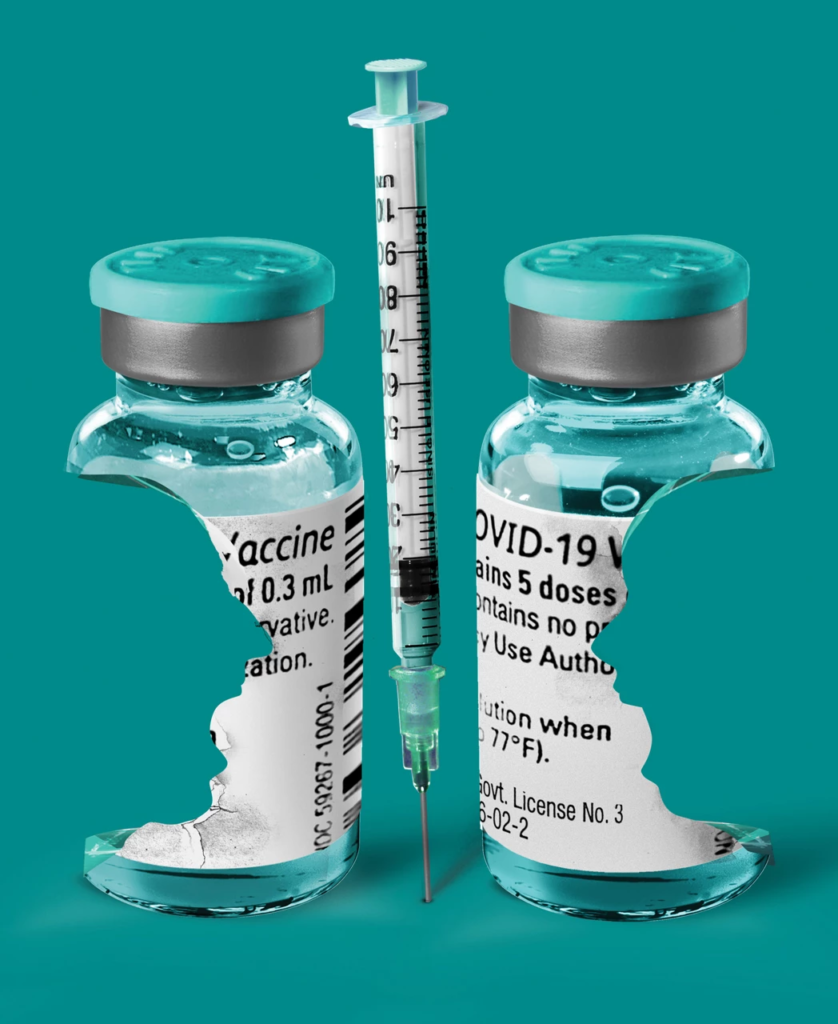Public trust in science has long been the foundation of modern health, medicine, and policy. From vaccines to medications, people rely on scientific institutions to provide accurate, evidence-based information. Yet in recent years, controversial health claims—such as links between autism and Tylenol—have sparked confusion, debate, and skepticism. These disputes do not exist in isolation; they are tied to broader questions about how science is communicated, how research is funded, and how misinformation spreads in a polarized society.
This article explores how public trust in science is being tested, what lessons can be drawn from controversial health claims, and what might help restore confidence in scientific credibility.
Why Public Trust in Science Matters
Science provides the basis for life-saving decisions, from medical treatments to public health policies. When people lose trust in science, the consequences can be serious:
- Lower vaccination rates and resurgence of preventable diseases.
- Hesitation to follow medical advice, leading to worse health outcomes.
- Increased spread of misinformation through social media and alternative sources.
Trust is not only about data; it is also about transparency, accountability, and respect for public concerns. Without trust, even the best evidence can be rejected.

Controversial Health Claims and Their Impact
Autism and Vaccines
One of the most influential examples of trust erosion came from the now-debunked claim that vaccines cause autism. Despite overwhelming scientific evidence disproving this theory, the misinformation spread widely, leading to drops in vaccination rates and public health risks.
Tylenol and Autism Concerns
More recently, lawsuits and studies have raised concerns about whether prenatal or early-life exposure to acetaminophen (commonly known as Tylenol) is linked to autism or ADHD. The scientific community is divided: some studies suggest possible associations, while others find no clear evidence.
For the public, these mixed signals are confusing. When scientists disagree, it can create space for fear, conspiracy theories, and mistrust. People often wonder: if the experts cannot agree, why should we believe them at all?
The Role of Social Media
Social media has amplified these claims, spreading partial truths and personal stories faster than scientific consensus can catch up. Emotional narratives often outweigh complex evidence, making it harder for the public to separate fact from speculation.
The Roots of Distrust
Lack of Transparency
When health agencies or pharmaceutical companies release studies without full transparency, suspicion grows. People may believe evidence is being hidden, even when it is not.
Conflicts of Interest
Funding sources can influence public perception. For example, if research on Tylenol safety is funded by drug companies, people may doubt its neutrality, regardless of scientific quality.
Complex Communication
Scientific research is often filled with technical terms, probabilities, and caveats. When experts struggle to explain findings in simple language, the public may misinterpret results—or turn to less reliable sources that sound more convincing.
Scientific Credibility Under Pressure
Scientific credibility is not only about being right but also about appearing trustworthy. In recent decades, several events have strained this credibility:
- Shifts in health advice (such as changing recommendations on cholesterol or food safety).
- Political interference in health policy, especially during the COVID-19 pandemic.
- High-profile retractions of flawed studies.
Each of these episodes makes it harder for people to know whom to trust, especially when personal health is at stake.
Balancing Evidence and Uncertainty
One of the biggest challenges is that science is rarely absolute. Findings evolve as more evidence emerges. For example, the Tylenol-autism debate highlights how early studies can raise questions without providing definitive answers. While this is a normal part of science, the public often expects certainty.
To maintain trust, scientists and health agencies must be upfront about what is known, what is unknown, and what is being studied further. Admitting uncertainty is not a weakness—it is an honest reflection of the scientific process.
Consequences of Declining Trust
If public trust in science continues to decline, the risks are broad and long-term:
- Health Policy Paralysis: Governments may struggle to implement policies when large segments of the population doubt scientific advice.
- Polarization of Health Issues: Like vaccines or climate change, health debates can split along political lines, weakening national unity.
- Rise of Alternative Medicine: As trust in mainstream science falls, unproven remedies and pseudoscience gain popularity, sometimes causing harm.
These trends make rebuilding trust a matter of urgency.

How to Restore Public Trust in Science
1. Transparency in Research
Scientists and agencies should publish data openly, explain funding sources, and disclose potential conflicts of interest. Transparency creates credibility.
2. Clear Communication
Health claims should be explained in plain language. Instead of focusing only on technical findings, experts should share what the research means for everyday people.
3. Independent Oversight
Strong oversight from independent institutions can reduce fears of bias. Agencies like the National Academies of Sciences or peer-reviewed journals play an essential role.
4. Engaging the Public
Public trust grows when communities feel heard. Scientists should not only lecture but also listen to concerns, address fears, and include the public in conversations.
5. Combating Misinformation
Misinformation spreads quickly online, but accurate information can too—if it is clear, accessible, and relatable. Collaboration between health agencies, educators, and tech companies is vital.
A Path Forward
The controversy surrounding Tylenol and autism is not the first and will not be the last health debate to challenge scientific credibility. These disputes remind us that science is a process, not a fixed answer. Research evolves, new evidence emerges, and conclusions may shift.
But public trust in science cannot afford to erode further. The challenge for scientists, policymakers, and communicators is to bridge the gap between evidence and perception. Trust is built on honesty, transparency, and respect for the public’s right to clear and accurate information.
At its best, science offers a path toward better health and stronger societies. Protecting that credibility is essential, not only for resolving today’s health debates but also for preparing for the challenges of tomorrow.
Do Follow USA Glory On Instagram
Read Next – Regulatory Independence Under Threat: Trump and FTC






